Roger Federer’s retirement: an end to a ‘magical era’
The Laver Cup will be the Swiss national’s final competitive appearance
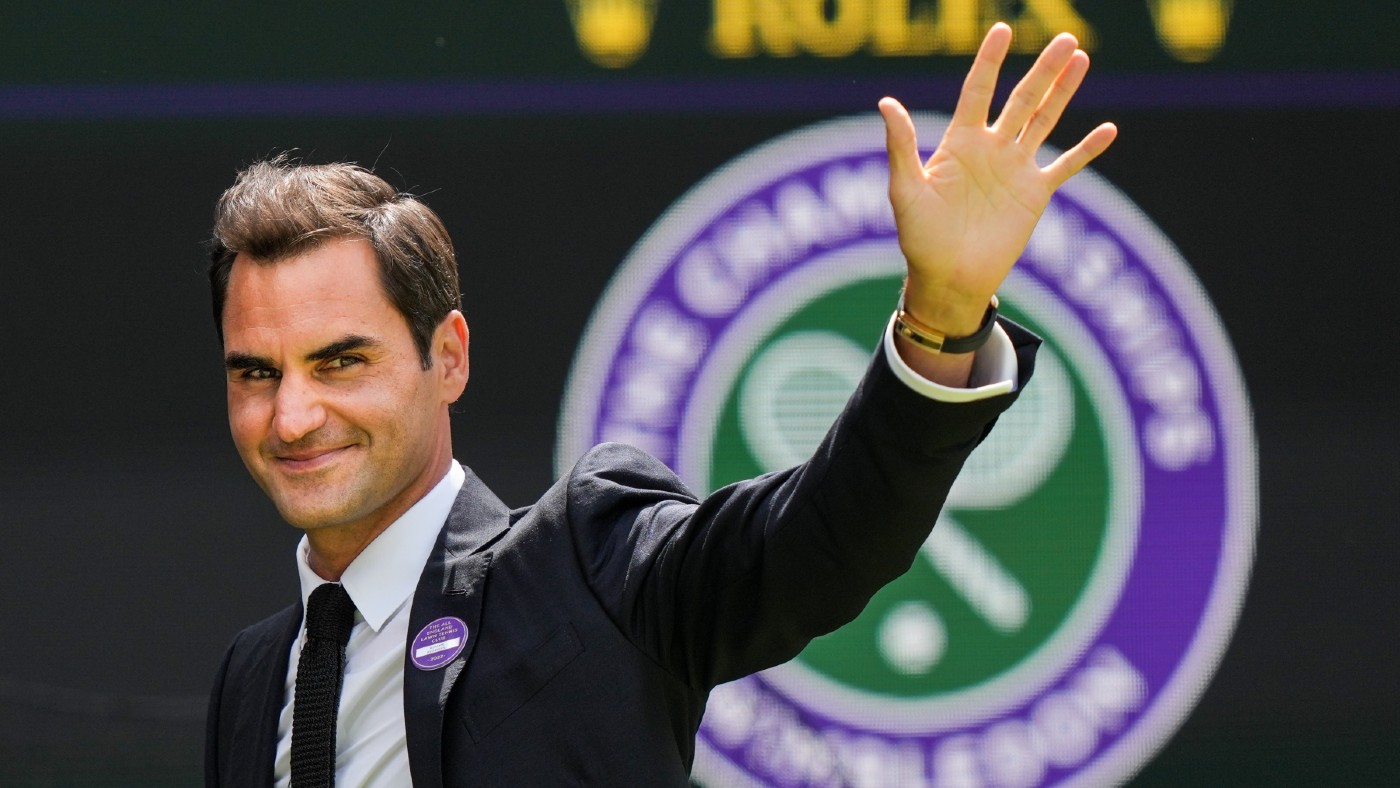
A free daily email with the biggest news stories of the day – and the best features from TheWeek.com
You are now subscribed
Your newsletter sign-up was successful
The moment, when it came, was always going to be “exquisitely framed”, said Oliver Brown in The Daily Telegraph. Last week, with an “impossibly expensive watch on his left wrist”, and “eight golden replicas of the Wimbledon cup glinting in the cabinet behind him”, Roger Federer delivered the news that his millions of fans have long been dreading.
The Swiss great announced that this weekend’s Laver Cup would mark his final competitive appearance. Federer is retiring at the “ludicrously advanced age of 41”, having been kept out of the sport for most of the past two years by a series of intractable knee injuries, said Barney Ronay in The Guardian.
‘Winning grand slams before the iPhone’
A retirement in such circumstances is hardly surprising – and yet in Federer’s case, it “still feels like a shock”. We’ve grown so used to him being part of tennis that it’s hard to contemplate the sport without him. “Here is a man who was winning grand slam tournaments before the iPhone was invented, while Tony Blair was still a very popular prime minister.”
The Week
Escape your echo chamber. Get the facts behind the news, plus analysis from multiple perspectives.

Sign up for The Week's Free Newsletters
From our morning news briefing to a weekly Good News Newsletter, get the best of The Week delivered directly to your inbox.
From our morning news briefing to a weekly Good News Newsletter, get the best of The Week delivered directly to your inbox.
It’s easy to forget that when Federer emerged in the early 2000s, men’s tennis “was not in a great spot”, said Matthew Futterman in The New York Times. The Sampras-Agassi era was drawing to a close, and the leading lights of the next generation were David Nalbandian, Lleyton Hewitt and Andy Roddick – not exactly names to set pulses racing. Then along came a “young player from Switzerland with a goofy ponytail”, and suddenly crowds were “oohing and aahing” again.
“Baryshnikov in sneakers” was how John McEnroe described him, while Cliff Drysdale, the commentator and former pro, began to notice that whenever Federer played, the locker room would empty as players went off to watch him, something he “had not seen since the days of Rod Laver”. Soon, the trophies were arriving “by the truckload”: by the end of 2008, when Federer was still just 27, he’d already won 13 grand slams – one behind Pete Sampras’s all-time record.
Federer v Nadal: a rivalry ‘too good to be true’
But it was around this point that Federer’s aura of invincibility came to be challenged for the first time, said Simon Briggs in The Daily Telegraph. Rafael Nadal, five years younger, began to threaten him not just on clay – the Spaniard’s best surface and Federer’s weakest – but also on hard courts and grass. In the 2008 Wimbledon final – widely regarded as the greatest match ever – Nadal prevailed in five epic sets, and then repeated the feat at the 2009 Australian Open, a defeat that famously made Federer cry.
For marketeers, their rivalry was “too good to be true”, so perfectly did they embody opposing tendencies. While the “calm Swiss maestro” made the game look effortless and barely ever seemed to sweat, Nadal is “earthier by nature, and heavier in thew”, with his grunts, his tics and his “giant left bicep”. Their battles elevated men’s tennis to an unprecedented pitch of excitement – and greatly enhanced Federer’s popularity, since they revealed his fallible, human side.
A free daily email with the biggest news stories of the day – and the best features from TheWeek.com
In the second half of his career, though Federer never recaptured his earlier dominance, he continued to be a player who “redefined” the sport, said Tumaini Carayol in The Guardian. He remained (with Nadal and Novak Djokovic) part of tennis’s “Big Three”, and returned from knee surgery in his mid-30s to win three more grand slam titles – an achievement that changed “how people view the length and arc of a tennis player’s career”.
With a remodelled topspin backhand, he even finally got the better of Nadal, winning six of their last seven matches. Above all, it was his “love of the sport” that provided the motivation to keep on going. He had plenty of opportunities to “exit on top” – as Sampras did 20 years ago – but he was ultimately having “far too much fun”.
Conjuring his ‘own kind of optical illusion’
While Federer won’t go down statistically as the most successful player of all time, said Matthew Syed in The Times, there is little doubt that no other player has provided such “aesthetic pleasure”.
Like all the very greatest athletes, he was someone who “conjured his own kind of optical illusion”: just as Michael Jordan was “said to defy gravity, hanging in the air for an extra split-second”, so Federer “made it look as if he was gliding over the surface of the court” – and would regularly play shots of such audacity that they seemingly required him to “slow down time”.
He was “one of those rare people who elevated life above the mundane and prosaic” – and that, above all, is why so many are struggling to accept that his “magical era has come to an end”.
-
 How the FCC’s ‘equal time’ rule works
How the FCC’s ‘equal time’ rule worksIn the Spotlight The law is at the heart of the Colbert-CBS conflict
-
 What is the endgame in the DHS shutdown?
What is the endgame in the DHS shutdown?Today’s Big Question Democrats want to rein in ICE’s immigration crackdown
-
 ‘Poor time management isn’t just an inconvenience’
‘Poor time management isn’t just an inconvenience’Instant Opinion Opinion, comment and editorials of the day
-
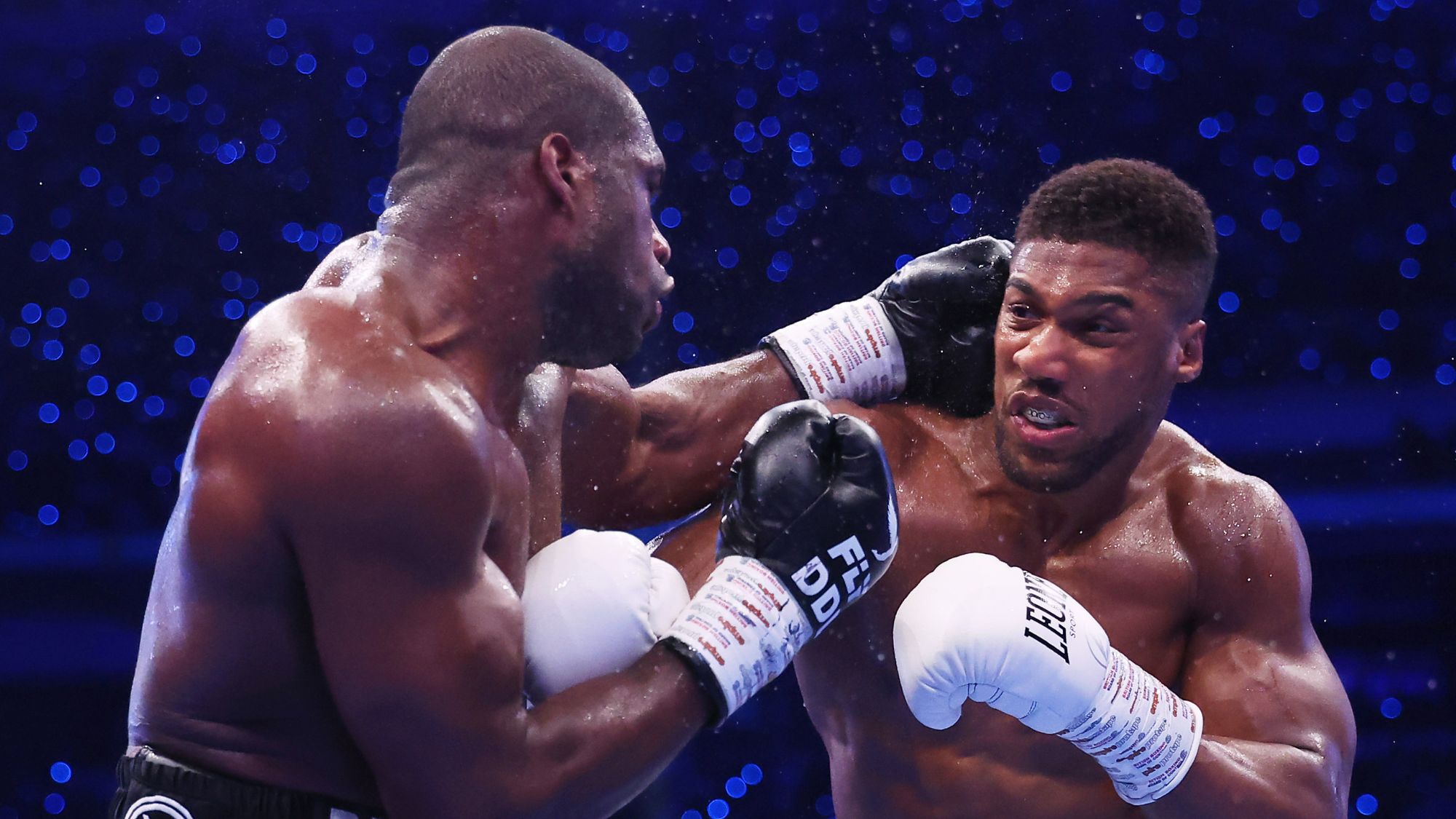 Is it time for Anthony Joshua to retire?
Is it time for Anthony Joshua to retire?After his latest brutal defeat, British boxing's 'poster boy' has a difficult choice to make
-
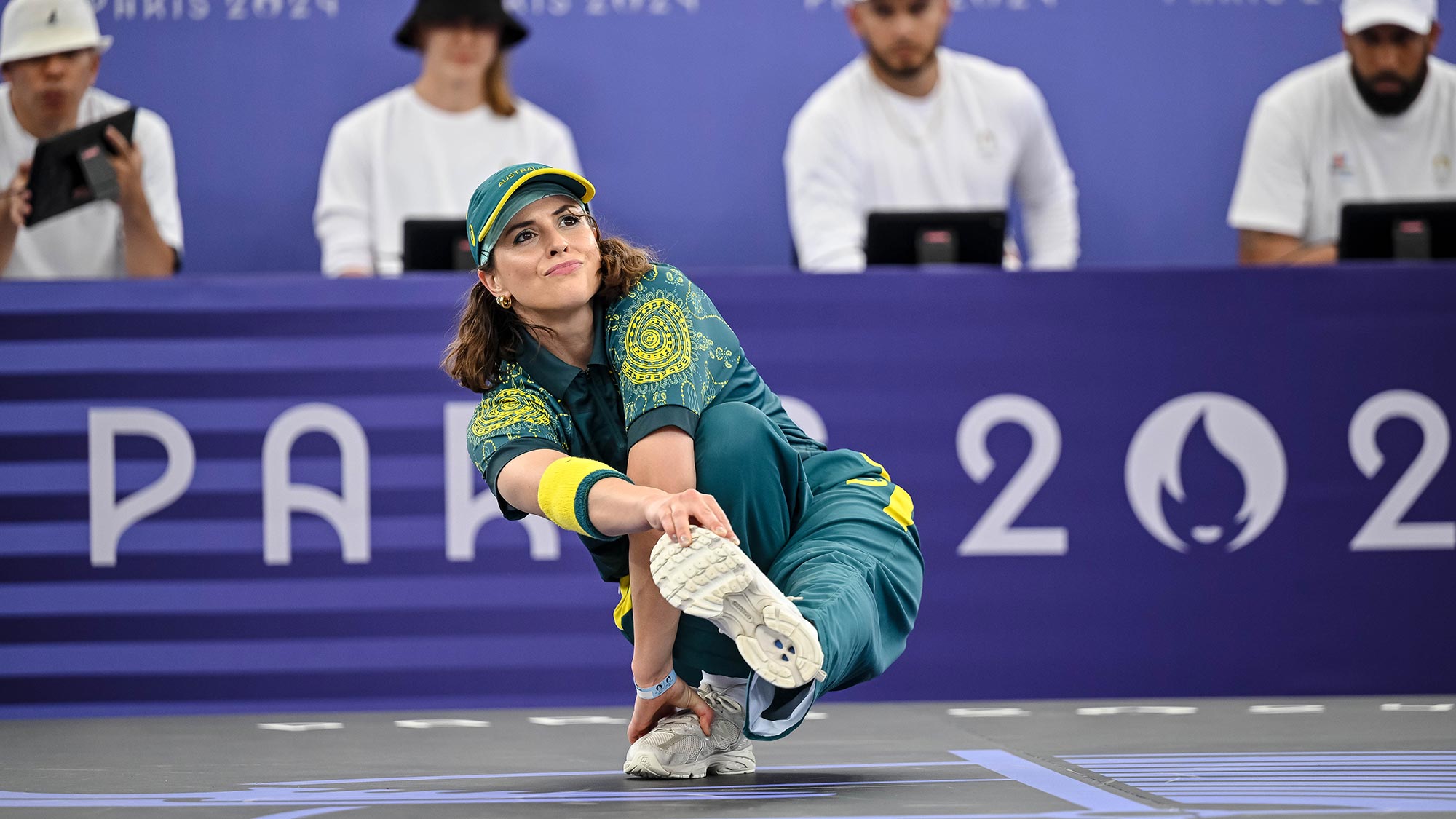 Raygun: heir to Eddie the Eagle?
Raygun: heir to Eddie the Eagle?Talking Point Australian Olympic breakdancer Rachael Gunn has become 'a worldwide meme'
-
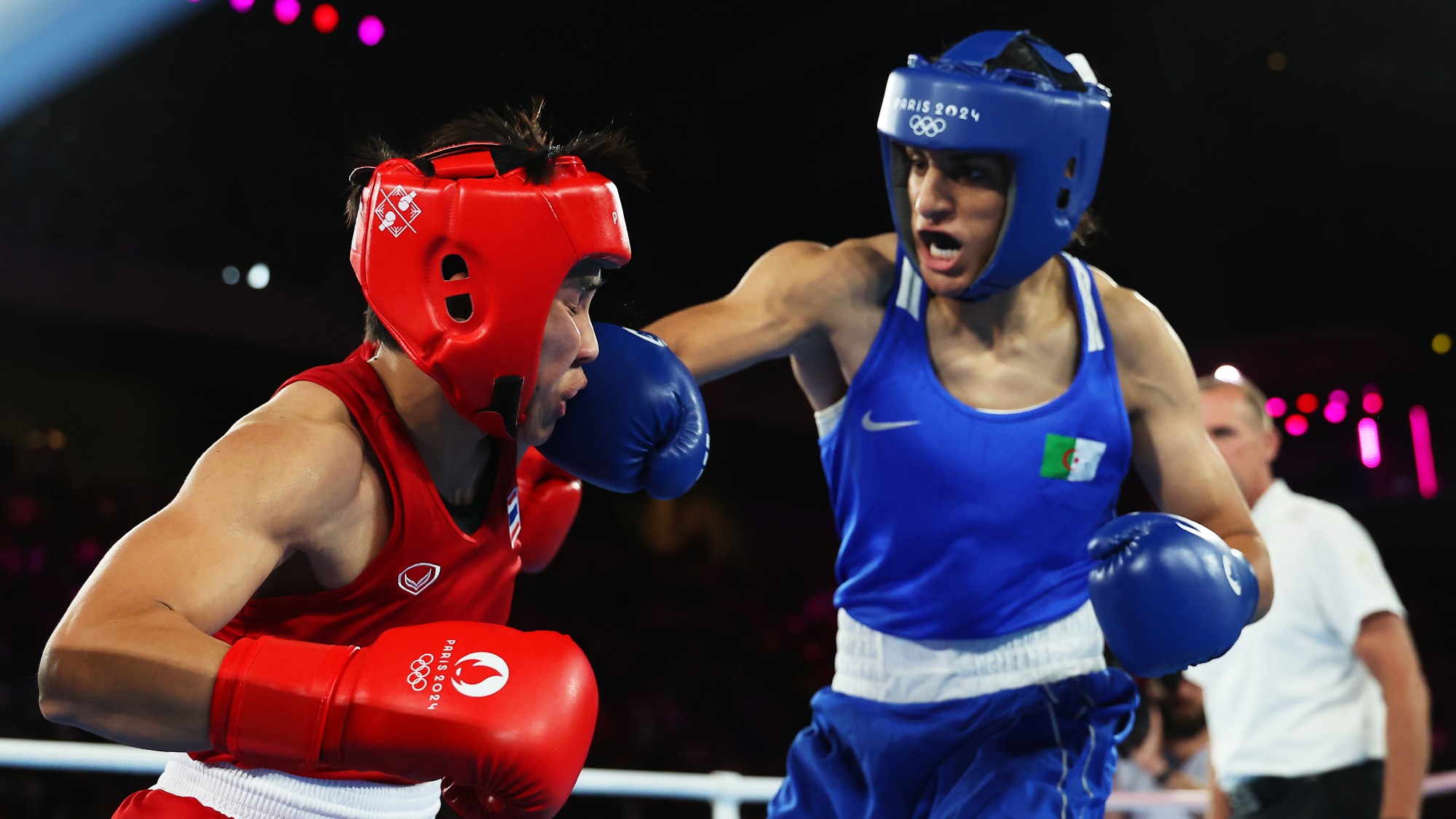 Boxing at the Olympics: the row over sexual differences
Boxing at the Olympics: the row over sexual differencesTalking Point Controversy over Imane Khelif and Lin Yu-ting shines a spotlight on the murky world of gender testing – and the IOC's inaction
-
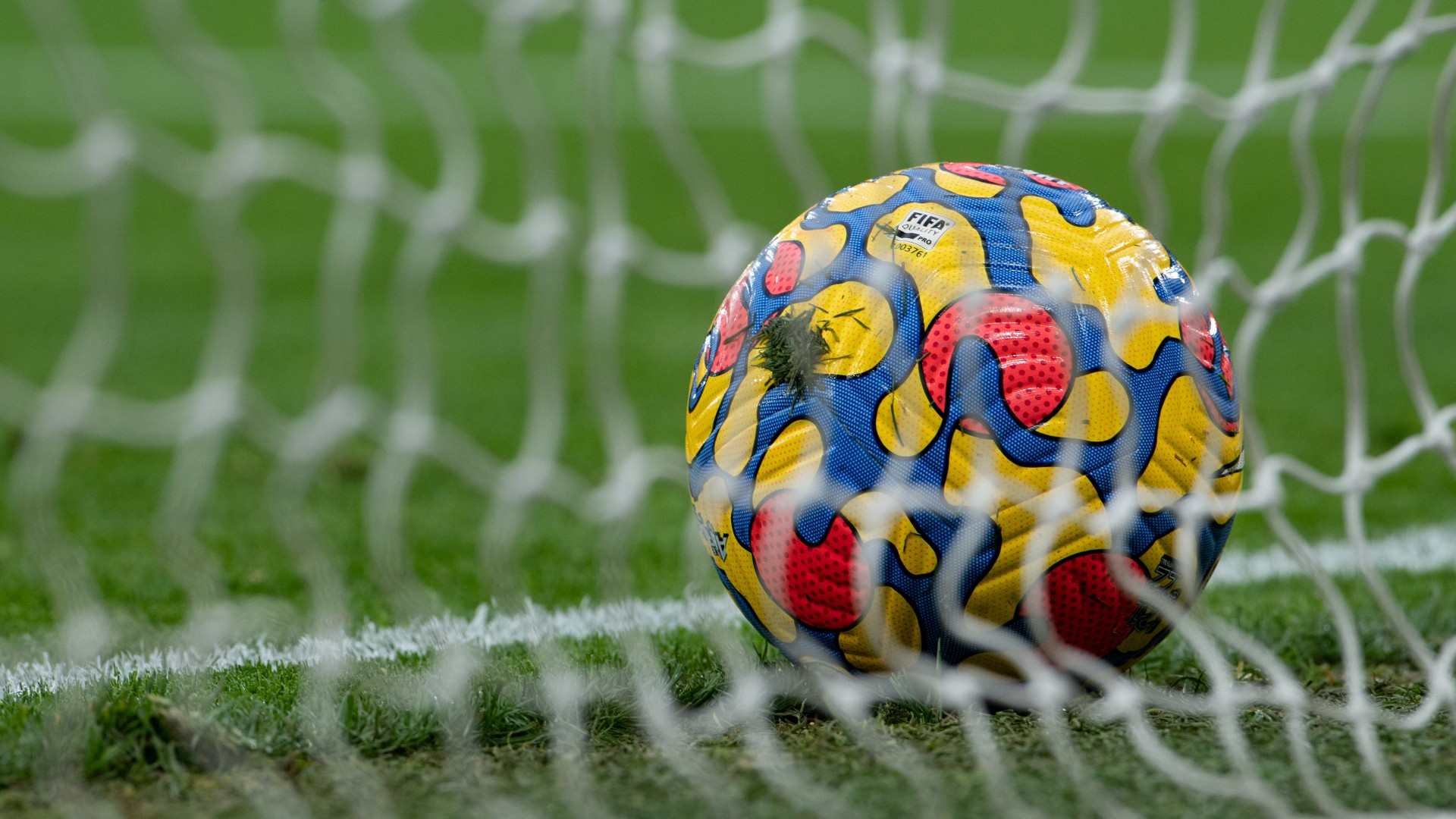 Is a new English football regulator an own goal for the game?
Is a new English football regulator an own goal for the game?Talking Point PM hails 'historic moment for football fans' but West Ham owner warns it could 'ruin' Premier League
-
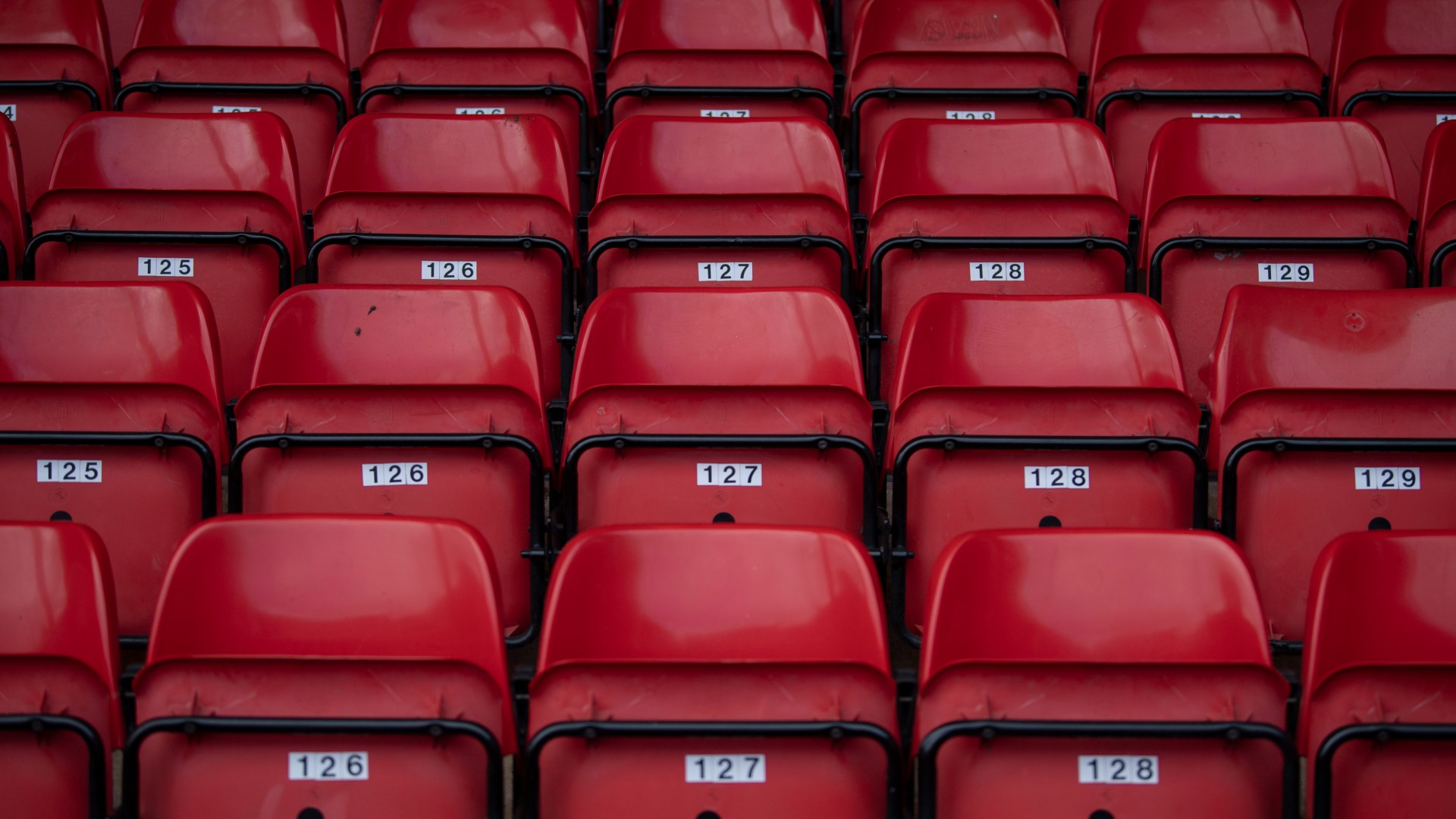 English football and the etiquette of leaving the stadium early
English football and the etiquette of leaving the stadium earlyTalking Point The belief that 'true fans stay to the end' does not always apply
-
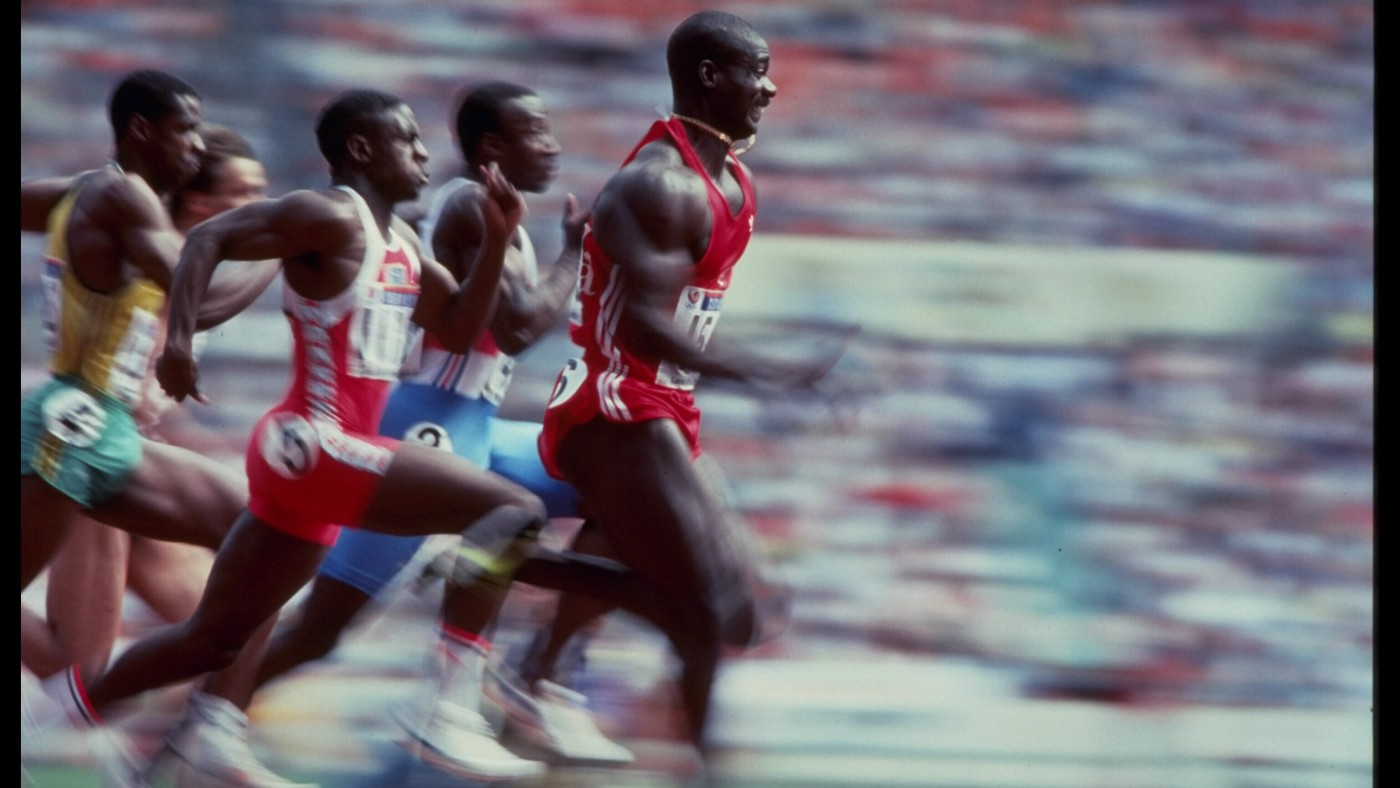 The 'Enhanced Games': a dangerous dosage?
The 'Enhanced Games': a dangerous dosage?Talking Point A drug-fuelled Olympic-style competition is in the works but critics argue the risks are too high
-
 College football has a major controversy. Will Congress get involved?
College football has a major controversy. Will Congress get involved?Talking Point Why Florida State was left out of the College Football Playoff
-
 Saudi Arabia's 2034 World Cup: glitz, glamour and 'grimly inevitable'
Saudi Arabia's 2034 World Cup: glitz, glamour and 'grimly inevitable'Talking Point Critics claim country is guilty of sportswashing as it stands unopposed to host tournament